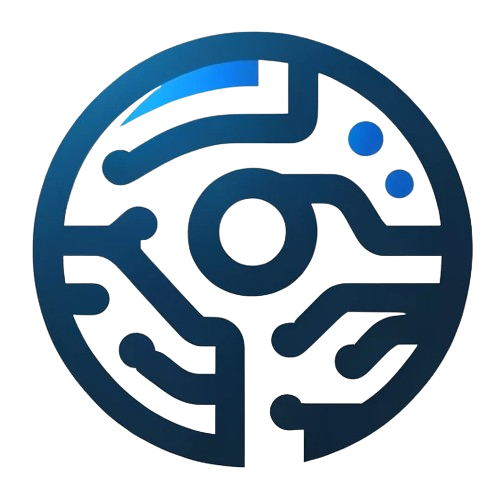Introduction: The Moral Imperative of Ethical Software Development
In an increasingly digital world, software developers wield immense power to shape our lives. From mobile apps to cloud-based platforms, their creations influence our daily routines, communications, and even our values. But with great power comes great responsibility, and ethical software development is emerging as a crucial aspect of the tech industry. In this blog, we will explore the importance of ethical software development, why it is critical to focus on it, and provide a set of dos and don’ts to guide developers in their ethical journey.
The Importance of Ethical Software Development
Ethical software development is not just a buzzword; it’s a fundamental requirement in the digital age. Here’s why it matters:
1. User Trust: Ethical software development fosters trust among users. When users feel that their data and privacy are respected, they are more likely to engage with and use an application or service.
2. Social Responsibility: Developers have a moral obligation to consider the broader social implications of their creations. Ethical software ensures that technology benefits society rather than harms it.
3. Legal Compliance: Adhering to ethical standards helps developers avoid legal issues and regulatory fines associated with data breaches and unethical practices.
4. Business Reputation: Ethical behavior can enhance a company’s reputation, attract more customers, and lead to long-term success.
5. Innovation: Ethical software development encourages innovation in areas like security, privacy, and accessibility, driving technological advancement.
Why Ethical Software Development Is Critical
The rapid evolution of technology has made ethical considerations even more critical. Here’s why focusing on ethics is imperative:
1. Data Privacy: As data breaches become more common, safeguarding user data is not just good practice; it’s a legal requirement (e.g., GDPR).
2. Bias and Fairness: Biased algorithms can reinforce stereotypes and perpetuate discrimination. Ethical development ensures fairness and inclusivity.
3. AI and Automation: Ethical AI development prevents the misuse of artificial intelligence in ways that harm individuals or society.
4. Environmental Impact: Developers must consider the environmental impact of software and choose sustainable practices.
Dos and Don’ts of Ethical Software Development
To foster a culture of ethical software development, here are some dos and don’ts for developers:
Dos:
1. Prioritize User Privacy:
- Do obtain clear and informed consent for collecting user data.
- Do anonymize and secure user data to protect privacy.
- Do provide users with control over their data and how it’s used.
2. Promote Inclusivity:
- Do ensure software is accessible to people with disabilities.
- Do consider diverse perspectives to avoid bias in algorithms.
- Do conduct user testing with a diverse group of participants.
3. Transparency and Accountability:
- Do provide clear and easily understandable terms of service and privacy policies.
- Do be transparent about how user data is collected, stored, and used.
- Do have mechanisms for reporting and addressing ethical concerns.
4. Secure Development:
- Do prioritize security in software development to protect user data.
- Do conduct regular security audits and stay informed about the latest threats.
- Do promptly address security vulnerabilities and inform users.
Don’ts:
1. Data Harvesting without Consent:
- Don’t collect more user data than necessary for the application’s function.
- Don’t share or sell user data without explicit consent.
2. Discriminatory Algorithms:
- Don’t develop algorithms that discriminate based on race, gender, or other protected characteristics.
- Don’t use AI for surveillance or control that violates individual rights.
3. Unverified Information:
- Don’t spread unverified or false information through your software.
- Don’t engage in activities that promote misinformation or disinformation.
4. Ignoring Environmental Impact:
- Don’t disregard the environmental impact of your software, especially in cloud computing.
- Don’t contribute to electronic waste through planned obsolescence.
Conclusion: Building a Better Digital Future
Ethical software development is not an option but an obligation for today’s developers. As technology continues to evolve and impact every aspect of our lives, ethical considerations must guide its growth. Developers have the power to shape the future, and with that power comes the responsibility to build technology that respects privacy, promotes fairness, and contributes positively to society. By following the dos and don’ts of ethical software development, developers can ensure their creations are a force for good in the world, fostering trust and making the digital landscape safer and more inclusive for all.

